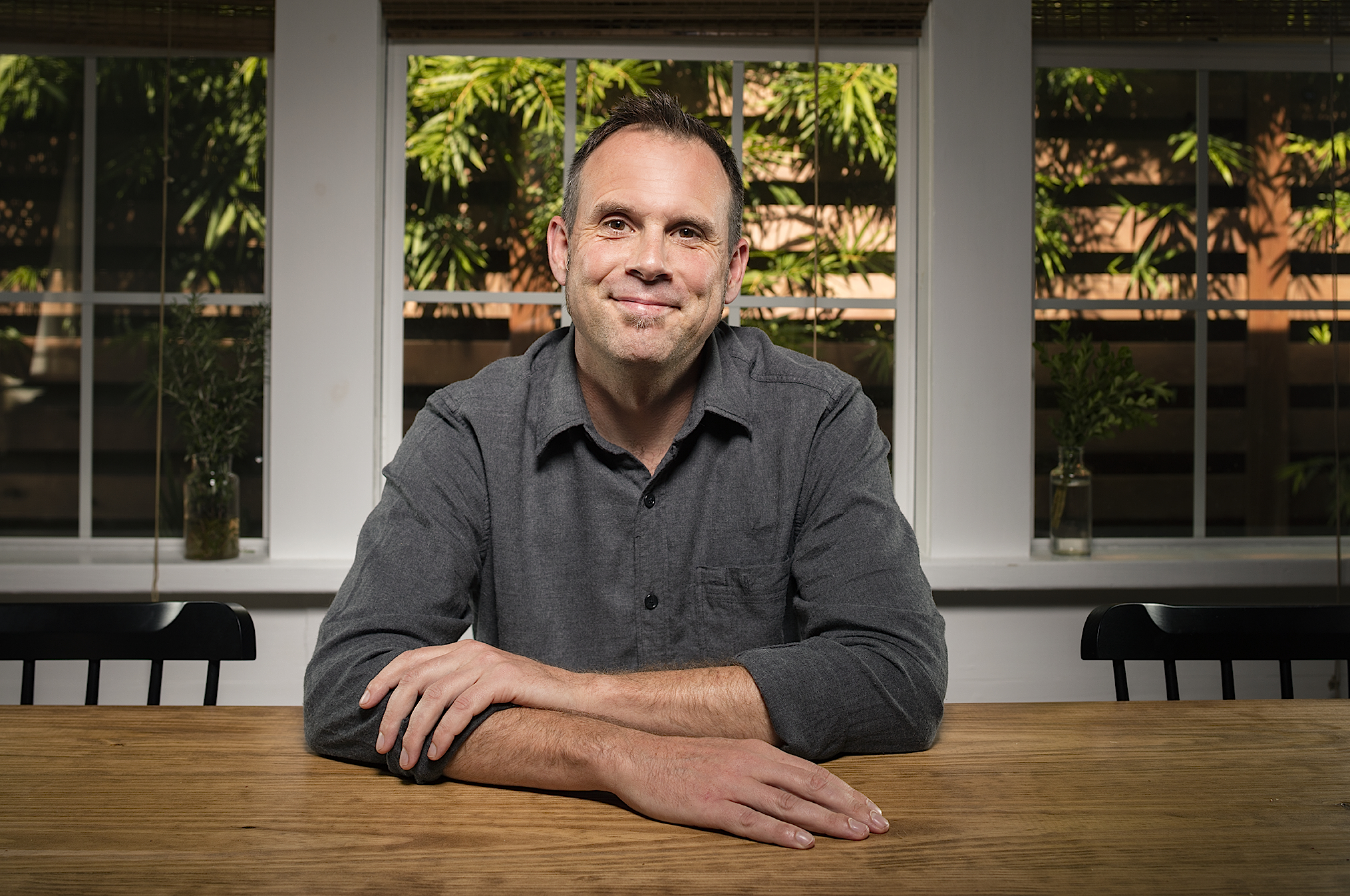FIFTY Study Page: Hawaii “Queens”
When Prince Iolani learned that his father, the great King Kamehameha had died, he wanted to sail away from his responsibilities. He did not want to be King. He did not want to think about war and law and strategy and trade. He just wanted to go sailing and enjoy his life, like he had been doing for the past 22 years. Lucky for him, two of his father’s queens, his mother and his teacher, offer to help him lead the newly formed Kingdom of Hawaii. However, they need him to do something first: destroy the Kapu — the age-old code of behavior that severely restricted the rights of women. Iolani does not know what to do, so he goes sailing to help him make a decision that would change the Kingdom forever.
HAWAII HISTORY
- Biography of King Kamehameha the First and Queen Kaʻahumanu
- How the Kingdom of Hawaii was formed
- History of how the Kingdom became a Republic and then a state
HAWAII GEOGRAPHY
- Map of the Hawaiian Islands
- Map of Islands as they relate to USA and Asia
Study Topics for “Queens” Examination of the Kapu rules of ancient Hawaiian society compared with history of women’s rights in America
__Topics for Reflection
From a Child Development Perspective:__
In this story, your child might learn that:
We can make the same kind of impact on the world as our parents, even if we are different from them. Iolani, who “loved to sail and dance and have fun” was not like his father, a natural and powerful king and leader. But just because Iolani was not like his father, he did find his own authentic way to lead. And at the end of our story, we see that although Iolani’s power came in a gentler form than Kamehameha’s, he still effected profound change.
There are times in life when things are expected of us that we do not feel prepared for. Iolani, from one day to the next went from being a young man with little responsibility to suddenly becoming king of the Hawaiian Islands when his father, the King, died. It was not what he wanted, and he had no choice, but he rose to the challenge.
We are not alone. We must remember, even when a test feels daunting and we feel very alone, that we are surrounded by support. It may not be obvious, but it is there. John Baptiste reminded Iolani that “no one rules alone — you will have plenty of help.” This help came in an unexpected source from two most respected and revered women, the Queens — his own mother and the favorite wife of his father.
We are connected in more ways than you think. It might even be during the times when we feel most alone that it is most important to remind ourselves that we are united with others in more ways than we might know.
“Before you finish eating breakfast, you’ve depending on more than half the world.” — Martin Luther King, Jr.
None of us are ever alone in accomplishing anything. The same is true when we feel lonely and isolated. If you remember how many people we rely on and how many resources we have for help, this can be a great comfort. This is what Iolani reminded himself of when he was left to answer very weighty questions. He remembered the people dutifully waiting for him on the shore, the Queens who raised him. They were dependable and consistent and enduring, just like the sea.
Some people are brought to us at pivotal times in our lives to help and assist, as well as to be our role models. The Queen Kaʻahumanu was always the one who had told Iolani what he needed to do and now again she was going to play a pivotal role in a time in his life that would change him forever — the day that he destroyed the Kapu.
It can be unsettling, and even a bit scary, to break from tradition. Even if our traditions once made sense, sometimes reform is called for. If Iolani dissolves the rules of the Kapu, it means that he might not live the life of luxury that he felt he deserved, even if he would still lead a life above all others.
It takes courage to abide by what you know is right. Iolani would have to make the changes in the Kapu out in the open for all to see. His value judgments are exposed and he will need to live with the ramifications of his actions. But through his process of going to the sea and connecting with the best wisdom he had, he was able to make a choice that was consistent with his deepest, truest values.
It’s important to have a “peace-stead” or safe place where we can go to gather our thoughts. For Iolani, when he was faced with the question of how to continue ruling the Hawaiian Islands, he had to go to the place where he felt most comfortable — out at sea. For him, the sea was dependable, consistent in its challenges.
Watch for moments in which you might be compelled to honor others. When we are truly grateful for others, or when their example has guided us well in our lives, there are times when we feel the impulse to stand up on their behalf or defend them. This is what Iolani did for the Queens to whom he owed so much.
Not yet a subscriber? Try a free trial HERE.
About the authors
-

David Sewell McCann
Story SpinnerDavid Sewell McCann fell in love with spinning stories in first grade – the day a storyteller came to his class and captured his mind and imagination. He has been engaged in storytelling all of his adult life through painting, film-making, teaching and performing. Out of his experience as a Waldorf elementary class teacher and parent, he has developed a four step method of intuitive storytelling, which he now shares through workshops and through this website.
-

Meredith Markow
Sparkle Schoolhouse Head of SchoolMeredith has been working with adults and children of all ages for the past 25 years as a Waldorf Teacher and Educational Consultant. She received a B.A. with a focus on child development and child psychology from the University of Michigan, in 1984, an M.A. Ed from Washington University in 1987, and her Waldorf Teaching Certificate from the Lehrerausbildung (Teacher Training) in Nurnberg, Germany in 1989. She was certified as a Living Inquiries Facilitator in 2014, and she completed her formal teaching certification with The Enneagram Institute in 2014. Her work in the classroom and with individuals and groups is designed to help people of all ages to drop self-limiting beliefs to live a more joyful and compassionate life.



